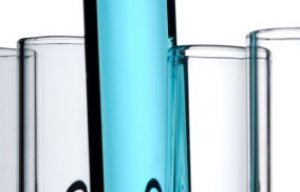
APJeT presents planet-friendly finishing process
The APJeT Dry Plasma Process uses atmospheric plasma to cure durable finishes to textiles and other substrates, including nonwovens and fil.

27th April 2016
Innovation in Textiles
|
Research Triangle Park, NC
In 2015 APJeT opened new corporate offices in Research Triangle Park, NC, USA, with both pilot and production scale equipment.
“With APJeT’s new RTP facility we have increased our production and development capabilities, and can run scalable trials. This is important news for companies in a wide variety of industries looking for a sustainable and effective alternative to water-based finishing,” said Martha Miller, Vice President of Business Development at APJeT.
“The response to the technology and the advanced capabilities offered through our new offices was very positive at ITMA. There was a great deal of excitement, especially from industries struggling with the water issues tied to traditional finishing processes because we offer a clear alternative that is both effective and sustainable.”
The APJeT Dry Plasma Process uses atmospheric plasma to cure durable finishes to textiles and other substrates, including nonwovens and film, and has little to no effect on fabric hand or colour. It is also designed to safely treat fabrics and other substrates, such as films, made from heat-sensitive fibres and materials.
Planet friendly, APJeT’s patented dry plasma process removes water from the finishing process and also significantly reduces the energy and chemicals needed to achieve a durable, high performance finish, according to the manufacturer.
APJeT was founded in 2002 at Los Alamos National Laboratory. In 2008, APJeT created a development partnership with NC State University College of Textiles. Other partners include Morrison Textile Machinery and Matheson Tri Gas.
APJeT licenses its IP to customers, and Morrison Textile Machinery and Matheson Tri Gas supply the equipment and gases needed for processing the substrates and for the recycling of the helium gas.

Business intelligence for the fibre, textiles and apparel industries: technologies, innovations, markets, investments, trade policy, sourcing, strategy...
Find out more